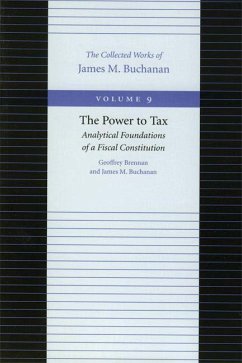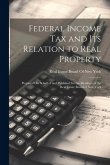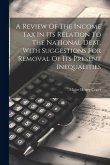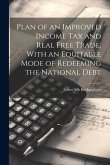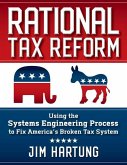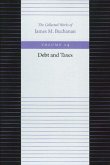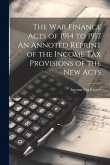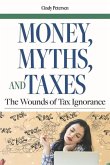Commenting on his collaboration with Geoffrey Brennan on The Power to Tax, James M. Buchanan says that the book is "demonstrable proof of the value of genuine research collaboration across national-cultural boundaries." Buchanan goes on to say that "The Power to Tax is informed by a single idea-the implications of a revenue-maximizing government." Originally published in 1980, The Power to Tax was a much-needed answer to the tax revolts sweeping across the United States. It was a much-needed answer as well in the academic circles of tax theory, where orthodox public finance models were clearly inadequate to the needs at hand. The public-choice approach to taxation which Buchanan had earlier elaborated stood in direct opposition to public-finance orthodoxy. What Buchanan and Brennan constructed in The Power to Tax was a middle ground between the two. As Brennan writes in the foreword, "The underlying motivating question was simple: Why not borrow the motivational assumptions standard in public-choice theory and put them together with assumptions about policy-maker discretion taken from public-finance orthodoxy?" The result was a controversial book-and a much misunderstood one as well. Looking back twenty years later, Brennan feels confirmed in the rightness of the theories he and Buchanan espoused, particularly in their unity with the public-choice tradition: "The insistence on motivational symmetry is a characteristic feature of the public choice approach, and it is in this dimension that The Power to Tax and the orthodox public- finance approach diverge." James M. Buchanan (1919-2013) was an eminent economist who won the Alfred Nobel Memorial Prize in Economic Sciences in 1986 and was considered one of the greatest scholars of liberty in the twentieth century.
Hinweis: Dieser Artikel kann nur an eine deutsche Lieferadresse ausgeliefert werden.
Hinweis: Dieser Artikel kann nur an eine deutsche Lieferadresse ausgeliefert werden.

